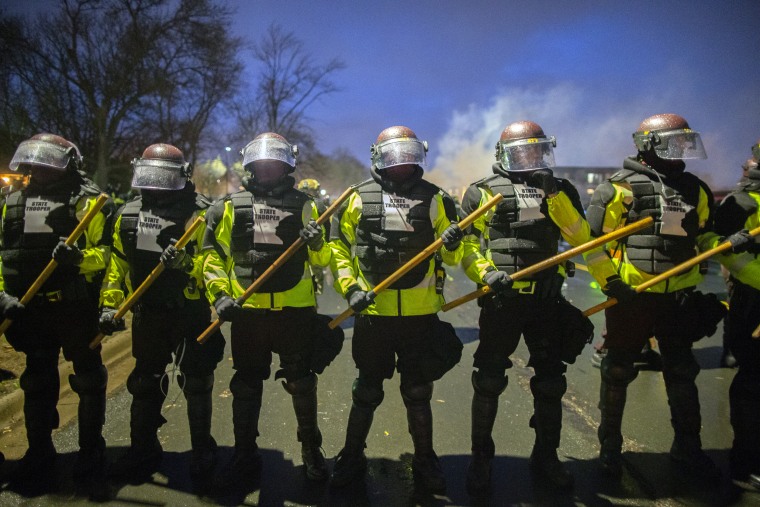WASHINGTON — The Department of Justice has issued new guidance on the use of force by federal law enforcement agents, emphasizing the limits on when deadly force is warranted and encouraging officers to intervene in instances of excessive force.
The memo states that the department's policy is to "value and preserve human life" and that officers should use "only the force that is objectively reasonable to effectively gain control of an incident, while protecting the safety of the officer and others."
"Officers may use force only when no reasonably effective, safe, and feasible alternative appears to exist and may use only the level of force that a reasonable officer on the scene would use under the same or similar circumstances," it says.
The guidance, the first update of its kind since 2004, says law enforcement and corrections officers can use deadly force "only when necessary," typically if someone poses "an imminent danger of death or serious physical injury to the officer or to another person."
The DOJ says deadly force can't be used to prevent the escape of a fleeing suspect or to disable moving vehicles unless a person in the vehicle is threatening the officer or another person with deadly force.
The new policy will take effect on July 19, the memo says. The Washington Post was first to report the guidance.
Officers will be trained on de-escalation techniques and to intervene in situations in which another officer is using excessive force. The guidance comes after numerous protest over the killing of Black people by police, including George Floyd in 2020.
The new policy was developed and approved by the heads of the FBI, the Drug Enforcement Administration, the U.S. Marshals Service and the Bureau of Alcohol, Tobacco, Firearms and Explosives.

